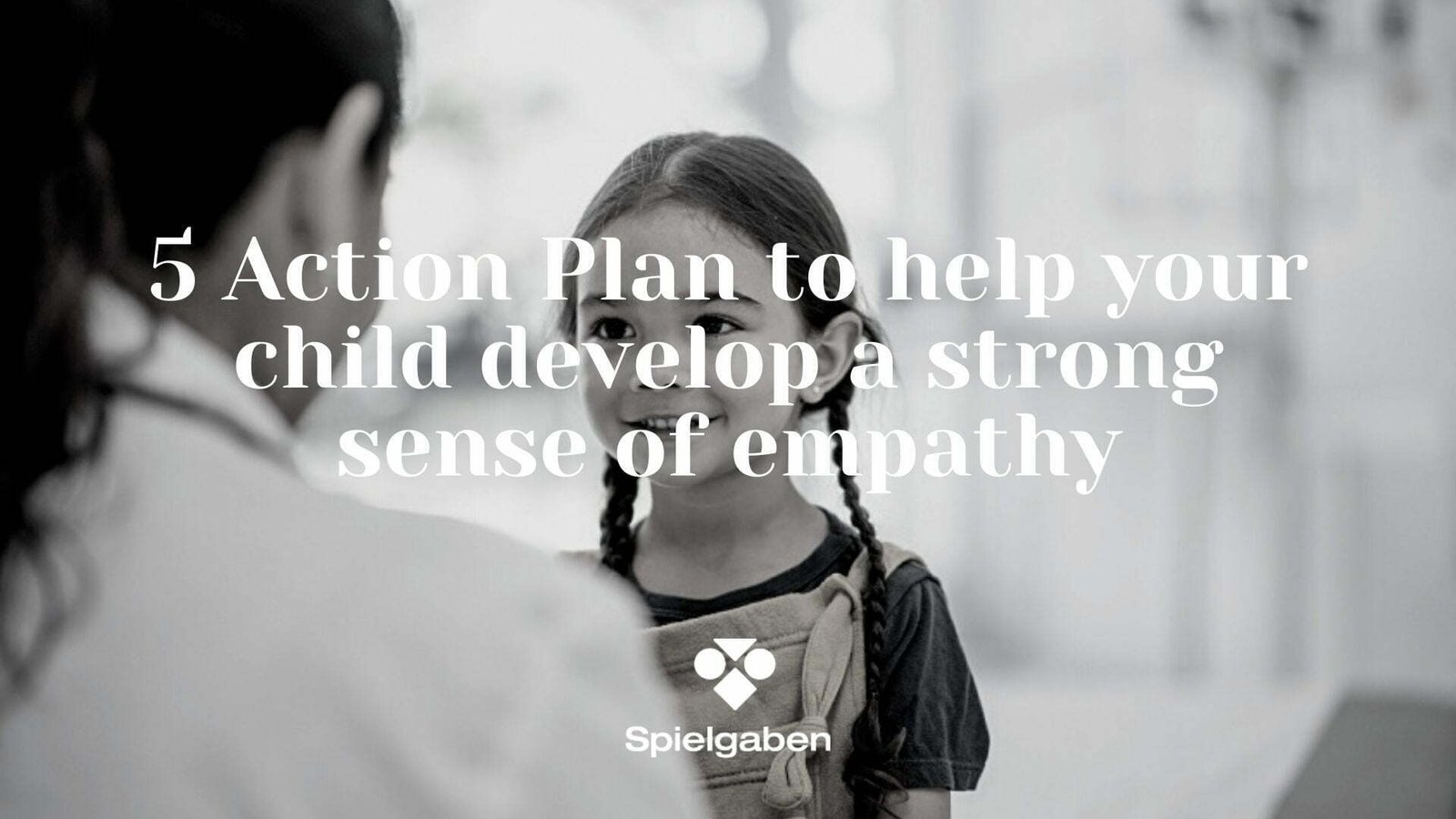Helping Children Thrive: Applying Daniel Kahneman’s “Thinking, Fast and Slow” in Parenting
Have you read Daniel Kahneman’s groundbreaking book, “Thinking, Fast and Slow”? If you have not already, we highly recommend it.
When we read it for the first time, we thought that it was obvious but after re-reading it, we found that it has profound information and implementing those skills earlier in children’s lives, will be hugely beneficial.
“Thinking, Fast and Slow,” delves into the mechanisms of thought processes and decision-making. Kahneman distinguishes between two systems of thinking: System 1, which is fast, instinctive, and emotional, and System 2, which is slower, more deliberate, and more logical. Understanding these systems, you can arm crucial insights into how to nurture your children’s cognitive development.
Let’s quickly outline what those two thinking methods are and how you can implement them to help your children thrive.
Understanding the Two Systems
System 1 (Fast Thinking)
This system operates automatically and quickly, with little or no effort and no sense of voluntary control. It’s responsible for our instincts and gut feelings, allowing us to make quick decisions or respond to immediate situations.
System 2 (Slow Thinking)
This system allocates attention to the effortful mental activities that demand it, including complex computations. It’s associated with critical thinking and reasoning and is essential for solving problems.
By recognizing how these systems function, you can help your children to promote healthy decision-making and emotional intelligence.
With this foundation in mind, let’s explore an action plan for parents that includes practical techniques inspired by Kahneman’s insights.
Action Plan for Parents Inspired by Kahneman’s Insights
Teaching Critical Thinking Skills
– Ask Open-Ended Questions: Instead of providing immediate solutions, encourage your children to think critically by asking questions that require them to explore various angles. For instance, “What do you think could happen if we don’t finish our homework?” fosters deeper reasoning instead of telling them to do homework.
– Encourage Problem-Solving: Present age-appropriate challenges that require your children to use System 2 thinking. Games, puzzles, or real-life problems where they need to plan and strategize are excellent tools for honing their analytical skills.
Modeling Decision-Making
– Share Your Thought Process: When making decisions—big or small for family oriented tasks—explain your reasoning to your children. Discuss both the System 1 instincts and how you engage System 2 to analyze information.
– Debrief Decisions: After a family decision (like where to go for dinner), revisit the choice and discuss what influenced the decision. Was it a quick instinct, or did you take time to weigh pros and cons?
Facilitating Emotional Intelligence
– Identify Emotions: Teach your children to label their feelings. When they experience strong emotions, help them pause and identify where that feeling is coming from—whether it’s an instinctual reaction or a considered response.
– Coping Strategies: Provide them with tools to handle strong emotions that you use when you are upset or coping with strong emotions. This could be simple breathing exercises or journaling, enabling children to process emotions constructively rather than react impulsively.
Promoting a Growth Mindset
– Praise Effort Over Outcome: Emphasize the importance of effort and learning from mistakes rather than just focusing on results. This aligns with engaging System 2, as your children learn to analyze what went wrong and consider future improvements.
– Encourage Lifelong Learning: instead of solely focusing on academic studies, promote curiosity by encouraging your children to explore various subjects and interests. This can foster a love for learning that relies on the more thoughtful and deliberate thinking of System 2.
Reducing Cognitive Overload
– Simplify Choices: Limit the number of choices available to your children to avoid overwhelming them. For example, during family outings, present two or three options rather than an exhaustive list to simplify their choices and make choices easier.
– Create Routines: Establishing daily routines can help children save mental energy for important decisions, as routines require less cognitive load than varied choices. This allows System 2 to be available for more complex issues.
Practicing Delayed Gratification
– Teach the Value of Patience: Engage your children in activities that require waiting. For instance, encourage them to save for a toy or a game, helping them understand delayed gratification and its benefits by talking about the positives of waiting for something valuable versus the instant gratification of immediate but less fulfilling rewards. This teaches foresight and planning of System 2 thinking process.
Utilizing Games and Puzzles
– Board Games and Hands on Activity Tools: Encourage games and hands on activity tools that require critical thinking and strategy, promoting the engagement of System 2. Games like chess, checkers, or strategy-based video games can enhance cognitive skills.
– Puzzles and Riddles: Regular use of puzzles can sharpen logical thinking and problem-solving skills. Take time each week to work on puzzles together, reinforcing collaborative problem-solving.
Conclusion
By implementing the insights from Kahneman’s “Thinking, Fast and Slow,” you can shape your children’s cognitive and emotional development. Employing tactics that promote critical thinking, emotional intelligence, and patience prepares your children to navigate life’s complexities with resilience and insight.
The journey of parenting is as much about teaching children to recognize and harness their thought processes as it is about guiding them through life’s challenges. System 1’s instincts and System 2’s deliberation are both essential, and striking a balance between the two can lead to a well-rounded individual capable of making thoughtful, informed decisions throughout their lives.













LEAVE A COMMENT